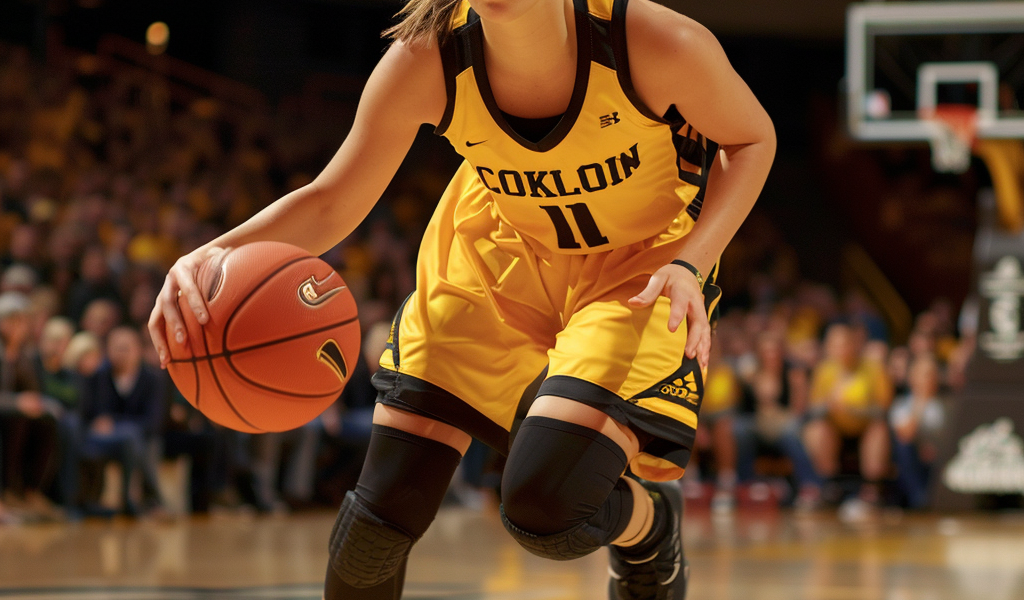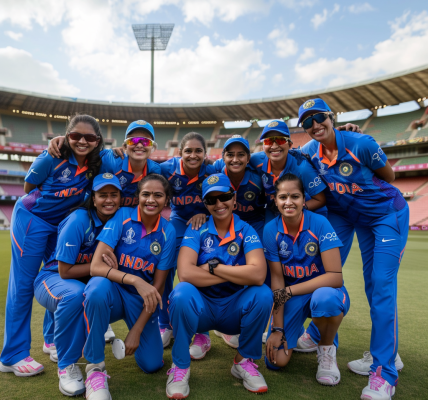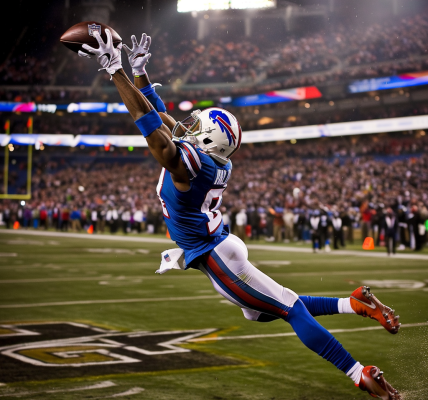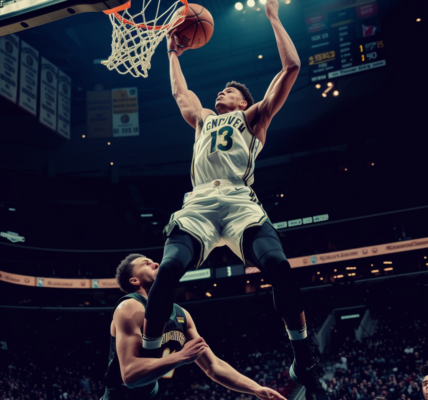DES MOINES, Iowa – The rise of Iowa Hawkeye basketball star Caitlin Clark has sparked a surge in ticket sales, viewership, and attention on women’s college basketball. A recent national poll, however, indicates that half of Americans believe women’s sports receive less attention than they deserve compared to men’s sports.
The Grinnell College National Poll of 1,005 adults revealed that a significantly higher percentage of women, 62% compared to 38% of men, feel that women’s sports are overlooked. Dr. Peter Hanson, Grinnell College associate professor of political science and the poll’s director, noted, “Despite all the excitement right now, there’s a recognition that we could be doing better. There could be a wider array of coverage.”
Notably, country music icon Tim McGraw even wore Caitlin Clark’s #22 jersey during a recent concert in Des Moines, emphasizing her widespread appeal. Over four million people tuned in to watch Clark break the all-time college basketball scoring record against Ohio State, underscoring her growing influence in the sports world.
The poll also highlighted differences in opinions based on political affiliation. 70% of Democrats, 43% of independents, and 41% of Republicans agreed that women’s sports receive inadequate attention. Furthermore, the poll revealed a correlation between political preferences and opinions of popular musician Taylor Swift. 70% of Biden supporters had a favorable opinion of Swift, compared to 38% of Trump voters.
Iowa pollster J. Ann Selzer suggested that both Swift and Clark could be influential figures for politicians, stating, “The idea of what’s happening in pop culture and the idea of political entities trying to leverage that…you certainly have a Caitlin Clark opportunity, certainly have a Taylor Swift opportunity. We’ll see what happens next.”
The poll’s findings shed light on the public’s perception of women’s sports and its intersection with political and cultural influences. As Caitlin Clark and Taylor Swift continue to captivate audiences, their impact extends beyond their respective fields, potentially shaping public opinion and political dynamics.





